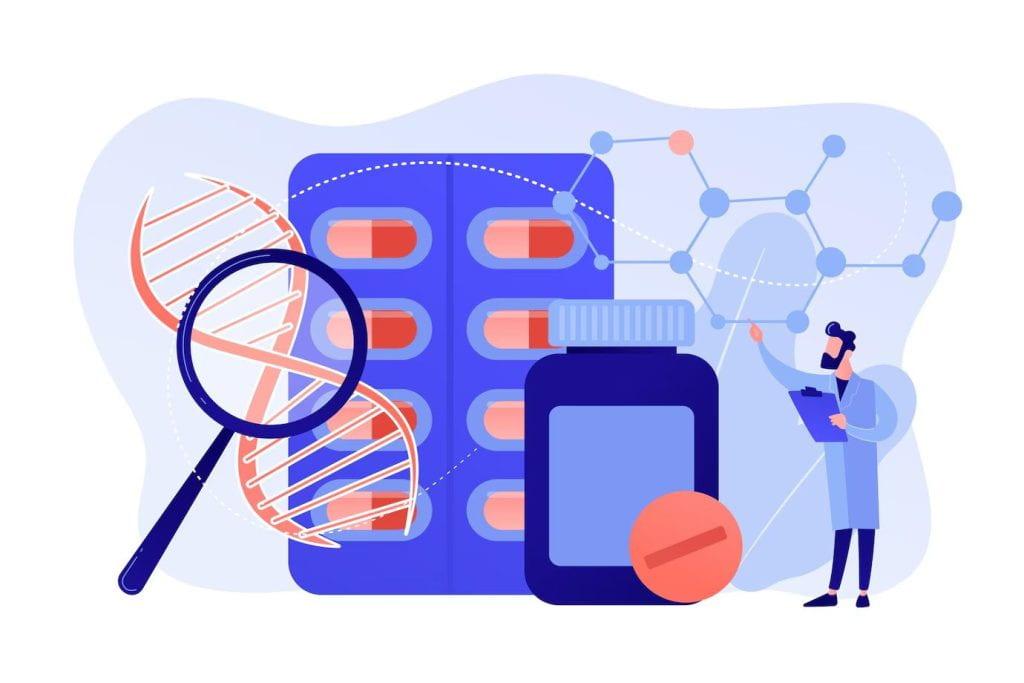The Drug Development Process: From Discovery to Market

The development of a new drug is a complex and highly regulated process that ensures safety, efficacy, and quality before it reaches patients. This journey typically spans 10-15 years and involves multiple phases, from discovery to post-market surveillance. Let’s explore the key stages of drug development.
1. Discovery and Preclinical Research
Drug discovery begins with identifying potential compounds that may have therapeutic effects. Researchers screen thousands of compounds to find promising candidates. Preclinical testing follows, where laboratory and animal studies assess safety and biological activity before human trials.
2. Clinical Development (Human Trials)
Clinical trials occur in three main phases:
- Phase 1: Small groups of healthy volunteers receive the drug to evaluate safety, dosage, and side effects.
- Phase 2: A larger patient group assesses the drug’s efficacy and further examines safety.
- Phase 3: Thousands of patients participate in randomized controlled trials to confirm effectiveness, monitor side effects, and compare with existing treatments.
3. Regulatory Review and Approval
Once clinical trials demonstrate positive results, drug developers submit a New Drug Application (NDA) or Biologics License Application (BLA) to regulatory authorities like the FDA or EMA. The review process includes evaluating trial data, manufacturing processes, and labeling information. Approval is granted if the benefits outweigh the risks.
4. Post-Market Surveillance (Phase 4)
Even after approval, ongoing monitoring ensures long-term safety and effectiveness. Post-market studies, pharmacovigilance programs, and real-world data help identify rare adverse effects and optimize drug use.
Challenges in Drug Development
Despite advancements, drug development faces challenges such as high costs, lengthy timelines, and regulatory hurdles. Additionally, ensuring equitable access to innovative treatments remains a critical goal.
Future Trends
Emerging technologies like AI-driven drug discovery, personalized medicine, and gene therapies are revolutionizing the industry. These innovations promise to streamline drug development and improve patient outcomes.
The drug development process is essential for bringing life-saving therapies to market, ensuring that new medicines are both safe and effective for patients worldwide. As science and technology evolve, the future of pharmaceuticals looks increasingly promising.

Comments
Post a Comment